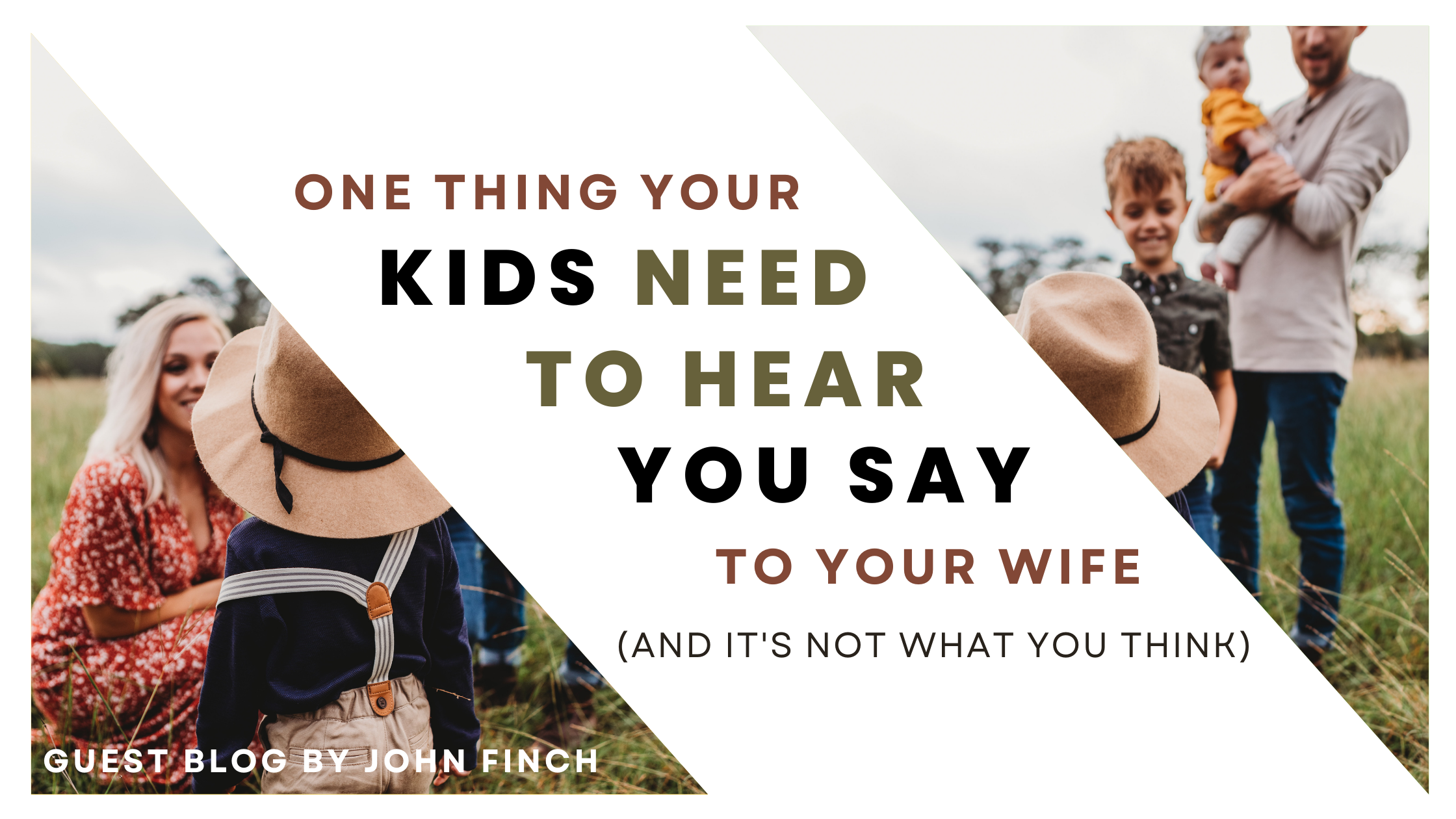How NOT to Make it Worse When Your Daughter is Grieving a Loss
Michelle Watson
Dad, you may have been raised in a family where showing emotions like sadness or fear weren’t tolerated, especially for boys. Perhaps you heard messages like, “real men don’t cry” because “only sissies show weakness.”
Sadly, as a result of this type of conditioning, there are too many men who don’t know how to truly connect to their emotions and have never learned how to release any feeling other than anger. (If this is you, I highly recommend a fantastic book by my good friend Marc Alan Schelske titled The Wisdom of Your Heart: Discovering the God-Given Purpose and Power of Your Emotions.)
Yet because daughters have a unique way of reaching their dads’ hearts, I’ve observed that men are easily inspired to go to greater depths within themselves in order to connect with their girls, often to places they didn’t even know they were capable of going. And since girls and women tend to respond best to softer emotions, a daughter unwittingly leads the way for her dad to expand his emotional bandwidth just for her.
And because the strongest bond any of us can ever have with another person is called a trauma bond, as you enter into your daughter’s grief process with her, a deeper, lasting bond is forming.
When it comes to walking alongside your daughter through such painful life experiences as loss and death, the best gift you can give her is to stay with her through her emotional process. This kind of response communicates that you’re in it with her for as long as it takes to express all her tears, fears, and questions.
For most people, grief doesn’t have an expiration date, so this is all about pacing with her through the entirety of the process according to her time frame.
If you find yourself wanting your daughter to get over her sadness quickly because it increases your distress to see her in pain, remember that your goal is to provide a safe space for her to emote and talk about her grief.
This will set her on the pathway to healing while simultaneously deepening her attachment to you.
And don’t ever tell her not to feel what she’s feeling and never give her the message that she’s weak for crying.
Even if you don’t understand all that she’s feeling (in power and duration), if you remain cognizant of the fact that you don’t need to fix her or take away her pain, you’ll discover that your presence with her in her sadness is a forever gift.
I’m attaching a list of questions here that will help you lead the way in giving your daughter permission to open up to you about her feelings of loss and grief---whether it’s the death of a loved one (a person or pet), not getting a job promotion, not making the team, or ending a relationship, whether romantic or otherwise, to name a few.
And whether you know it or not, your shoulders were made for this kind of heavy lifting.
So with a bit of practice, you’ll get stronger and more adept at entering into the tough stuff with your daughter. I’ll even go as far as saying that by carrying her load with her through asking questions that allow her to express what’s inside and actively listening, you’ll help decrease the negative intensity of her experience by 50%.
Now that’s a worthy use of your time and energy, wouldn’t you say? Go Dad!
















